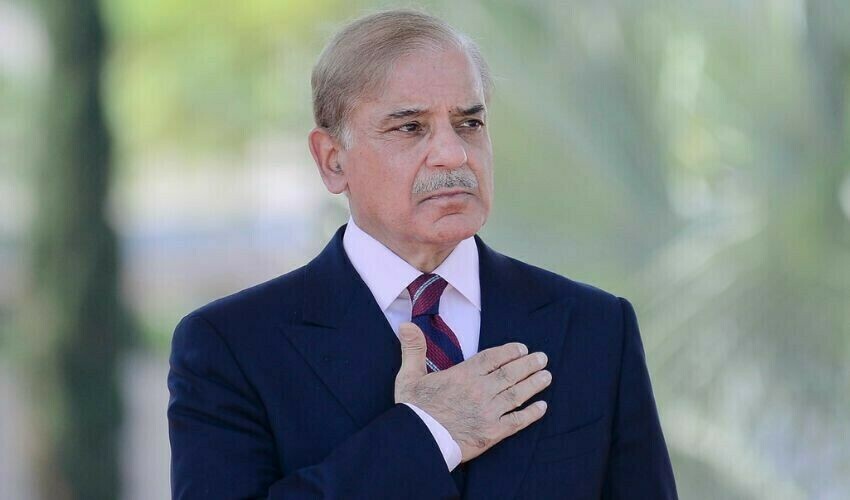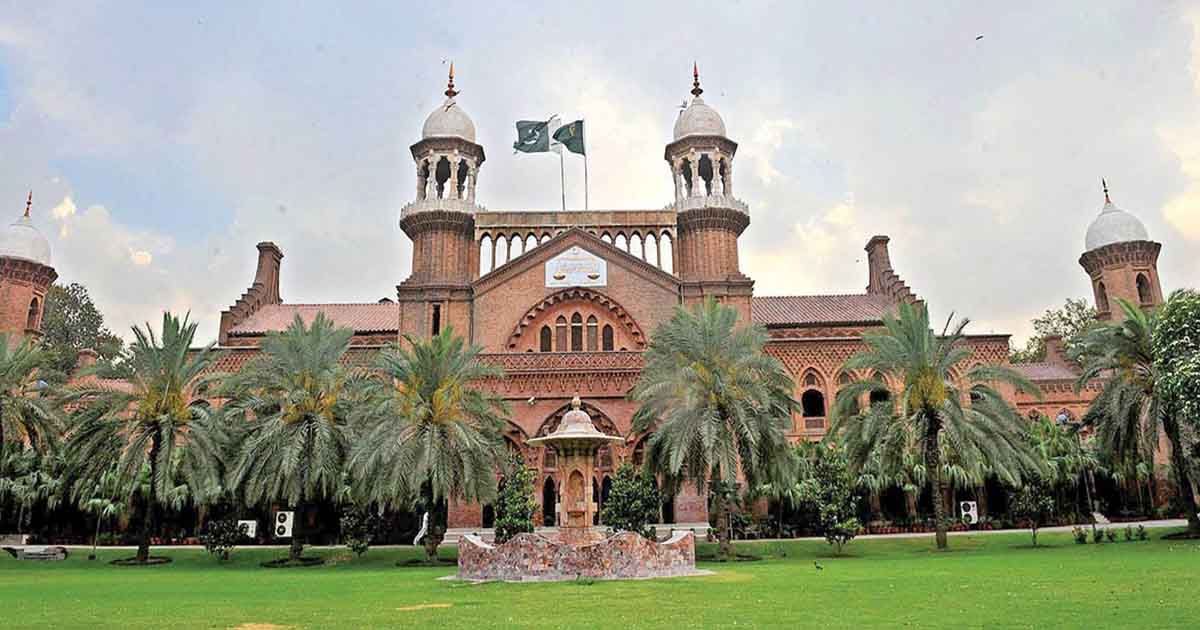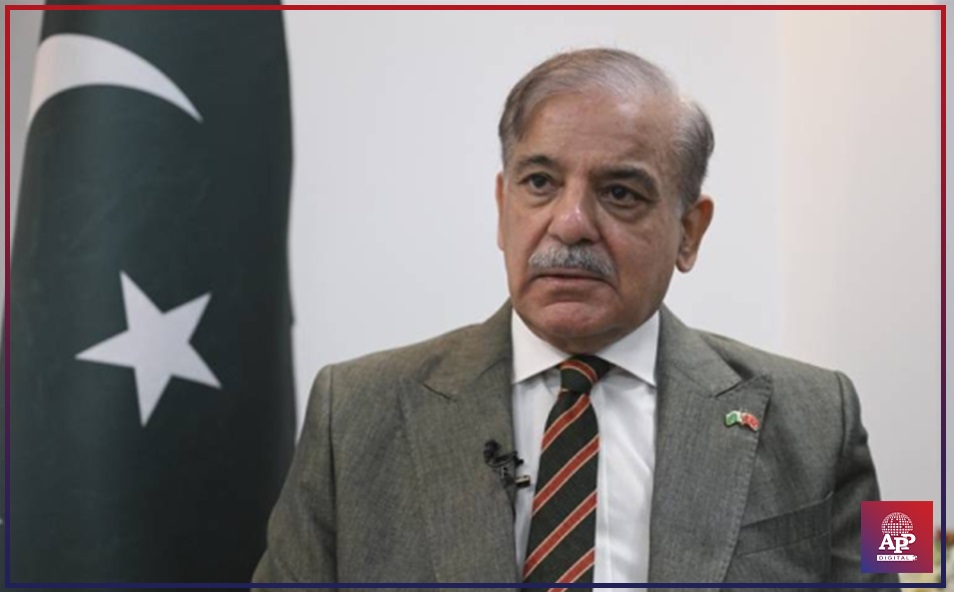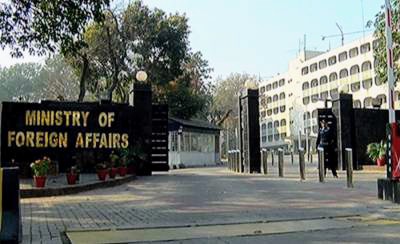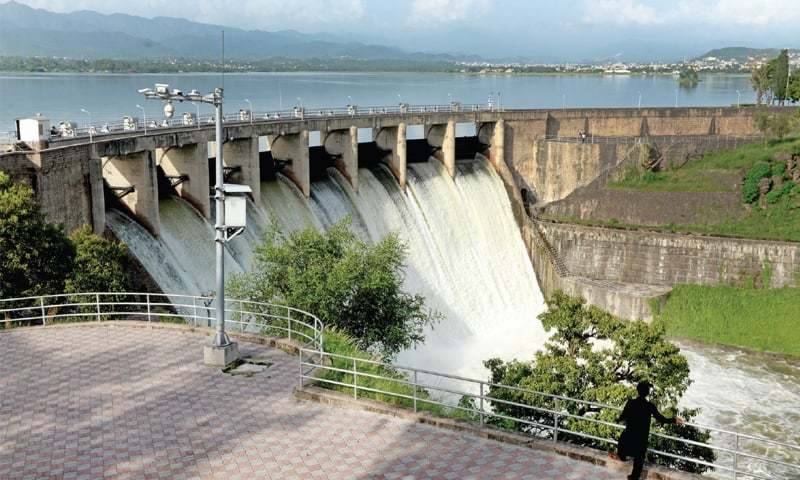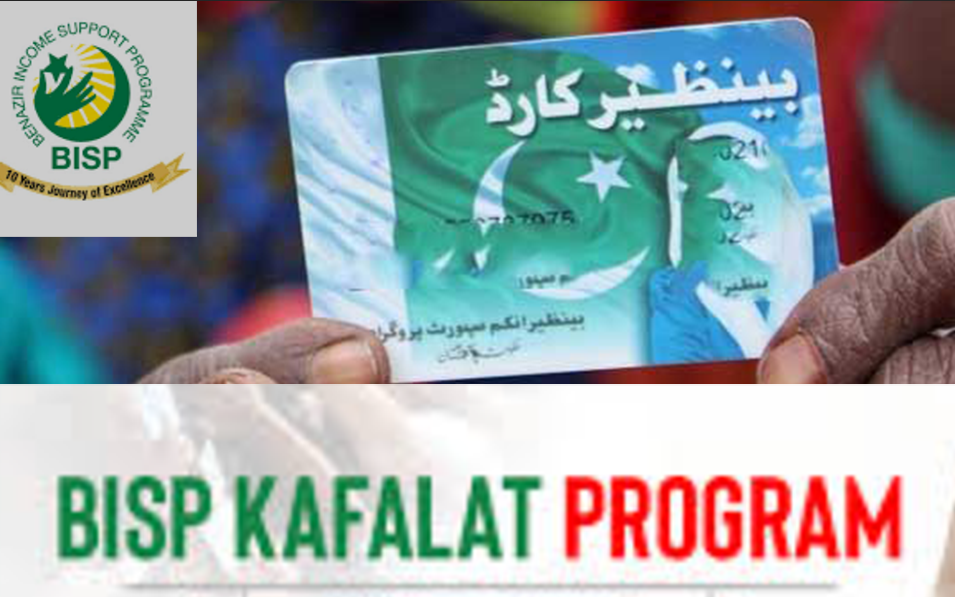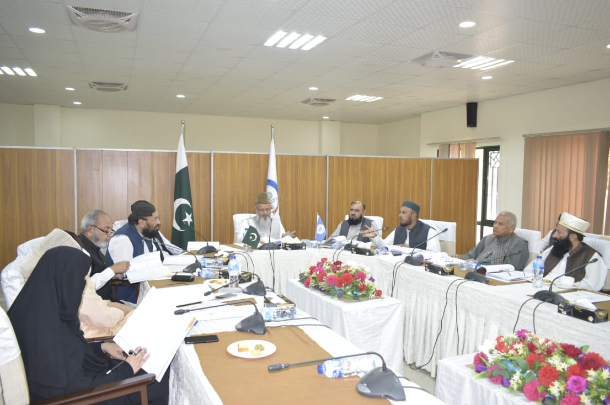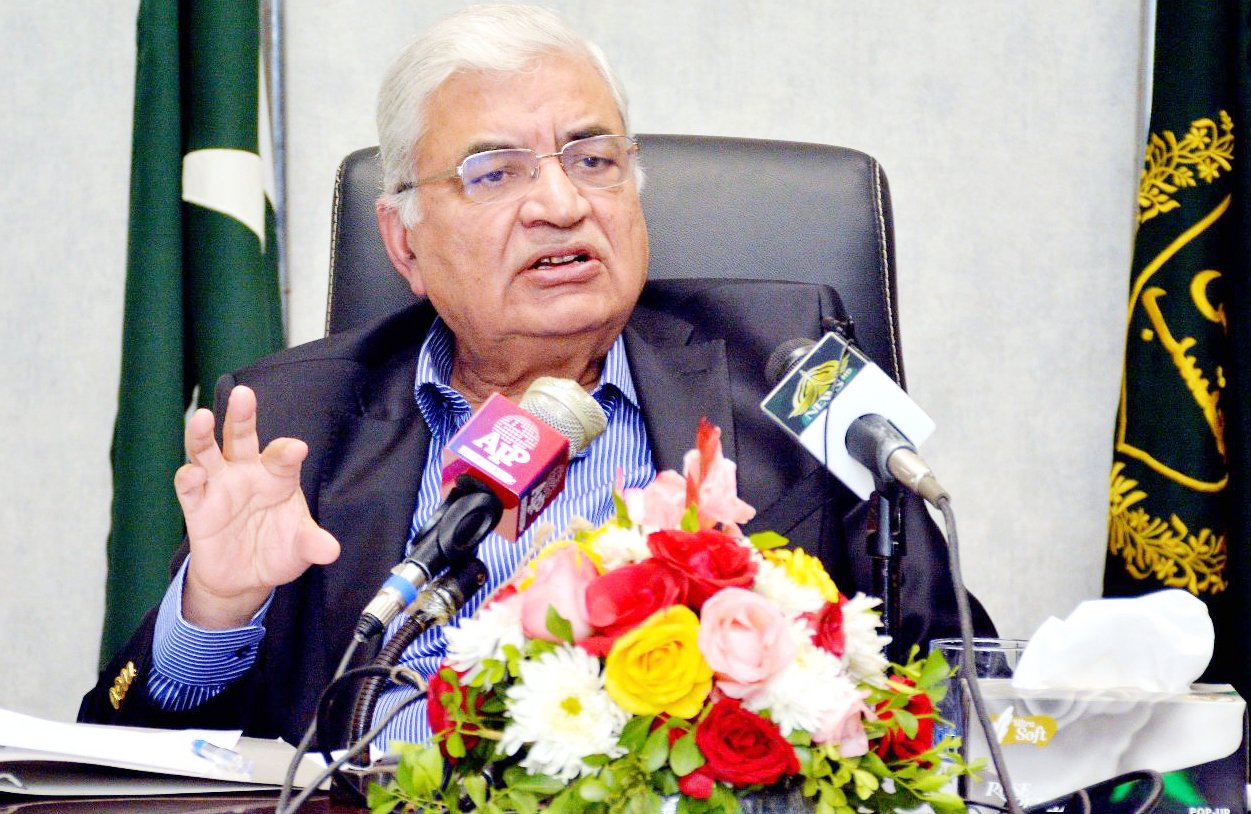ISLAMABAD, Dec 13 (APP):The Sustainable Development Policy Institute (SDPI) at its recent roundtable brought together industry experts and stakeholders to discuss the future of electric vehicles (EVs) and their potential to drive economic growth in Pakistan.
The roundtable titled “Electric Vehicles and Economic Growth: Industry Perspectives on Pakistan’s EV Transition”, highlighted key opportunities and challenges surrounding the shift to EVs in the country, said a press release issued here on Friday.
Ahad Nazir of SDPI, kicked off the discussion emphasizing the strong link between EV adoption and sustainable economic development.
Nazir pointed out that the transition to EVs could offer significant benefits for Pakistan, particularly by reducing its dependency on imported fuel, which has long been a burden on the country’s economy. “The EV sector holds great promise for economic growth, job creation, and export opportunities, making it crucial to develop a comprehensive plan that includes infrastructure development,” he said.
Rimsha Rehan, from PRIED, noted that Pakistan’s automotive industry is witnessing a growing interest in EVs. However, she highlighted the urgent need for a tailored energy vehicle policy to ensure the effective integration of EVs in the market. Rehan also pointed out the growing use of two-wheelers, which number around 24 million and consume a large portion of imported oil.
“Lithium-ion batteries, the most expensive component of EVs, should be viewed as an essential product rather than a luxury item,” she suggested, emphasizing the need for better policy support to make EVs more accessible.
Engr. Ubaidur Rehman Zia, Head Energy Unit at SDPI, discussed the international frameworks shaping the EV conversation, notably the Baku Declaration on Urban Decarbonization and the Global Green Pledge made at COP29. “Pakistan is also aligning its energy policies with global decarbonization goals, which will be reflected in the revised Nationally Determined Contributions (NDC) targets in 2025,” he said.
Zia stressed the importance of not only focusing on EV technology but also developing the necessary infrastructure and supply chains to support the transition.
Usman Khan, REMIT Lead Advisor, presented a detailed overview of the new Energy Vehicles Policy for Pakistan. He shared key statistics, including an 11% annual growth rate in two- and three-wheelers and the country’s fuel import bill for FY2023-24, which stood at $16.8 billion. Khan highlighted the significant economic losses caused by poor air quality, which amounted to $22 billion annually, or 6% of Pakistan’s GDP.
He said that the new policy, set to reduce the oil import bill by $65 billion by 2024, proposes a comprehensive incentive structure, ecosystem development, and increased public awareness to ensure widespread adoption of EVs.
Several experts addressed the challenges facing the EV market in Pakistan. Engineer Asad Mehmood, a consultant, discussed the confusion among consumers regarding EV purchases and the need for financial assistance. “There is a knowledge gap between consumers and bankers,” he explained, advocating for localized awareness campaigns to bridge this divide.
Dr. Basharat Hassan called for reforms in the registration process for four-wheeled EVs to make it more streamlined. He also suggested that the government reduce import duties on Chinese EVs, which are currently more affordable, to make them more accessible to Pakistani consumers.
Hammad Bashir, an industry leader, underscored the importance of considering the entire EV value chain, from production to financing. “We are working with EV companies to connect them with banks and investors,” he said, stressing that a comprehensive approach to policy rollout is necessary for a successful transition.
The roundtable concluded with a consensus on the need for a coordinated effort between the government, industry, and financial institutions to develop a robust EV ecosystem in Pakistan. With the right policies, infrastructure, and consumer education, electric vehicles could become a key driver of economic growth, job creation, and environmental sustainability in the country. As Pakistan moves forward with its energy transition, the EV sector is poised to play a central role in shaping the future of the nation’s automotive industry.
مضمون کا ماخذ : لاٹری کے انعامات
